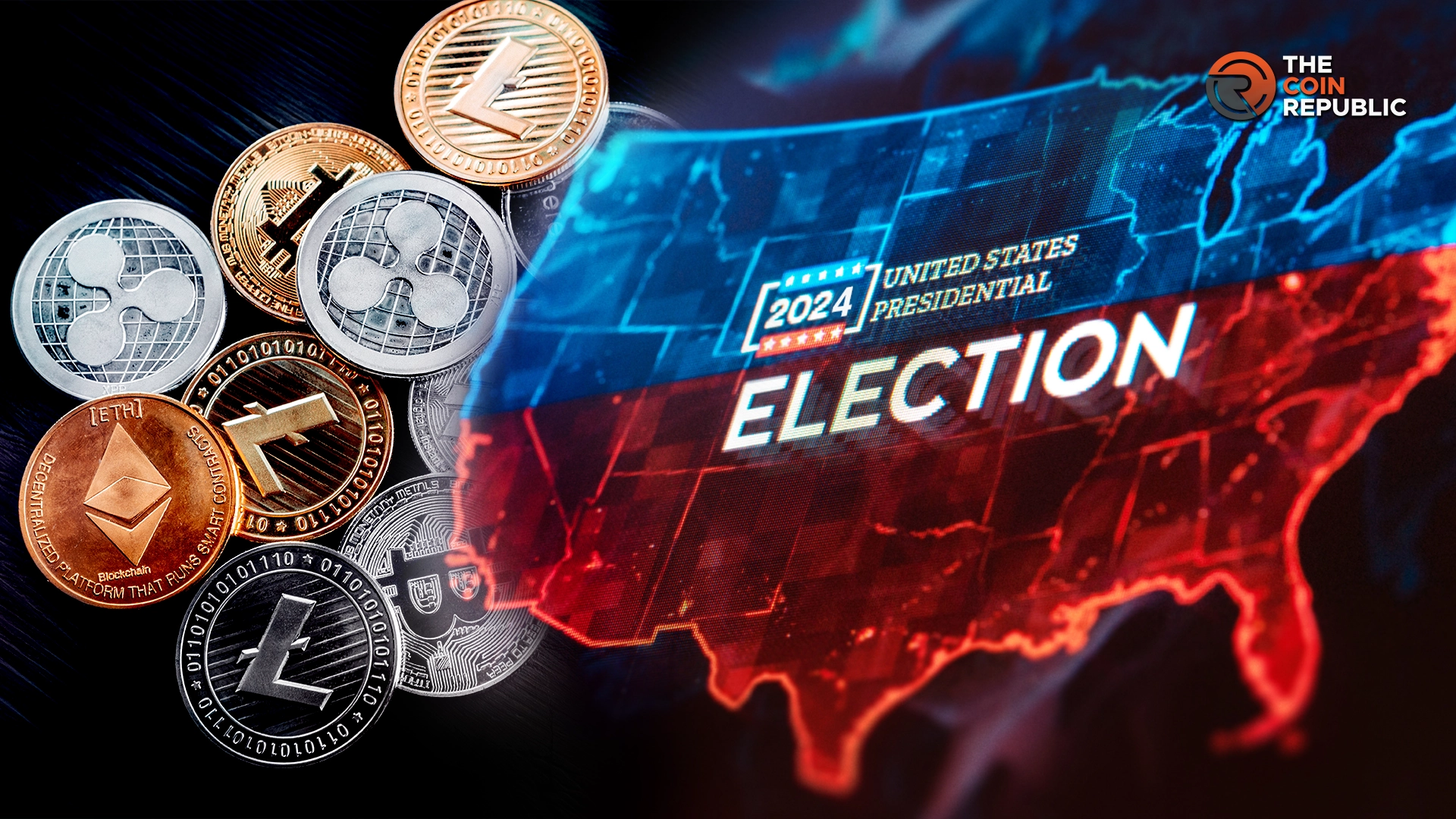Kamala Harris or Donald Trump vs. the Bitcoin chart, “Bitcoin doesn’t care who wins, just like every other election year.
The U.S. presidential election is just hours away, and investors across the board are bracing for what might come next. For traditional markets, elections often translate to major price swings. But for crypto?
Well, things might play out differently. Some investors on Crypto X argue that Bitcoin and other digital assets don’t necessarily follow the same patterns seen in stocks. Could it be that the political result won’t affect crypto as much as many think?
– Advertisement –
Markets and US Election Cycles
Historically, election years have indeed seen some crypto market movement, with BTC prices dipping in both 2016 and 2020 by around 10% and 6%, respectively. This year’s pre-election dip is already at 6.3%, which mirrors typical market jitters before elections.
However, these swings aren’t exclusive to elections—they can happen on any given week in crypto markets.
Quinten Francois, a popular crypto commentator on X (formerly Twitter), recently pointed out that “Each U.S. election week has set a Bitcoin price floor that’s never been revisited.”

In other words, while we might see some turbulence in the short term, Bitcoin has a way of setting new baselines rather than falling back after election periods.
Political Winds, but a Steady Crypto Sail?
A common sentiment is that a change in the U.S. presidency could have a significant impact on Bitcoin prices, but history tells us otherwise.
While some speculate on how a win by either party might shift regulation, the underlying trend of crypto remains independent of who holds office.
Quinten also shared, “It doesn’t matter who becomes president. The trend is clear. More debt creation, more money printing.” This statement highlights a critical factor that often drives crypto growth: economic uncertainty and a long-standing tendency toward inflationary policies.
No matter which party occupies the oval office, policies that lead to debt accumulation and money printing will continue to create conditions that strengthen the appeal of decentralized assets.
Historically, Bitcoin’s scarcity and fixed supply have made it a popular choice for those looking to hedge against inflation and currency devaluation. So, while the election outcome might bring headlines, it’s unlikely to rewrite crypto’s core story.
Is Bitcoin Election Proof?
Another big factor to consider is Bitcoin’s status as a decentralized and borderless asset. Unlike traditional stocks, crypto assets don’t rely on individual national economies as much.
Many analysts are arguing that, with or without a Republican or Democratic win, Bitcoin is set on a long-term upward trajectory. Black Widow posted on X, arguing that, “Bitcoin doesn’t care who wins, just like every other election year,” reflecting the idea that BTC may continue to thrive as a global asset class, less tied to individual political developments.
As for regulatory uncertainty, it’s a concern, but crypto’s global nature gives it a unique resilience. Despite varying stances on regulation around the world, the broader trend has been toward greater adoption and institutional interest in digital assets.
The 2024 election may impact the speed or approach to regulation in the U.S., but crypto’s overall momentum is likely to persist regardless.
Zoom Out: The Big Picture for Crypto Holders
While we may see fluctuations in the coming days, it’s crucial to maintain a long-term perspective. The crypto market doesn’t solely hinge on who’s in office but rather on broader economic trends like inflation, public interest, and ongoing technological innovation.
Bitcoin and other digital assets were built with decentralization in mind, so while the U.S. election might generate temporary excitement, it’s unlikely to alter the direction of the crypto space fundamentally.









